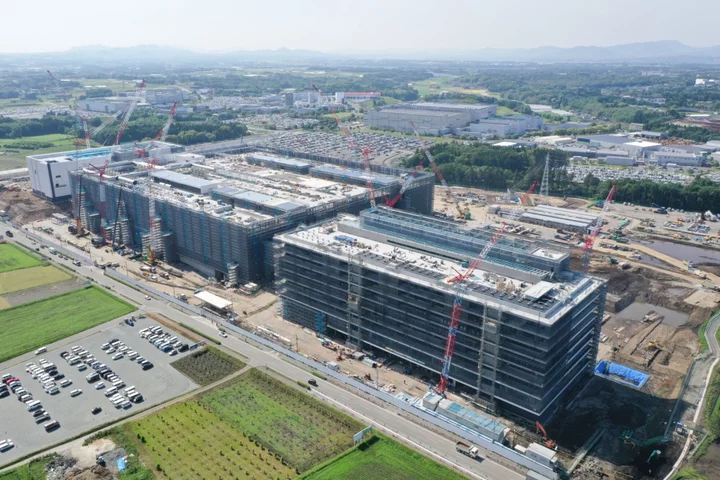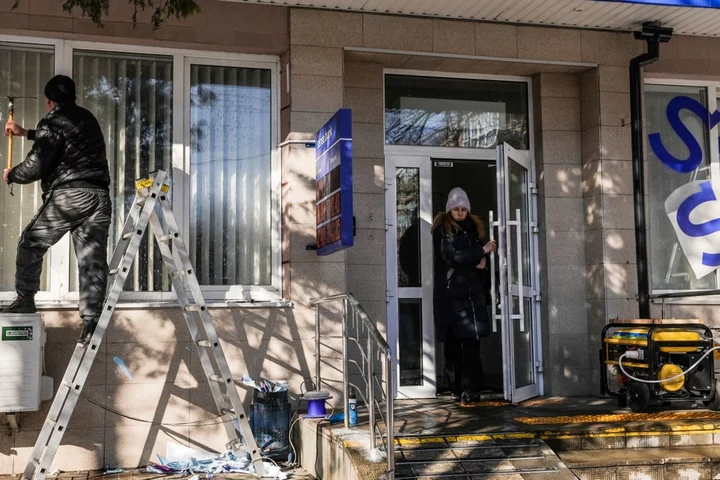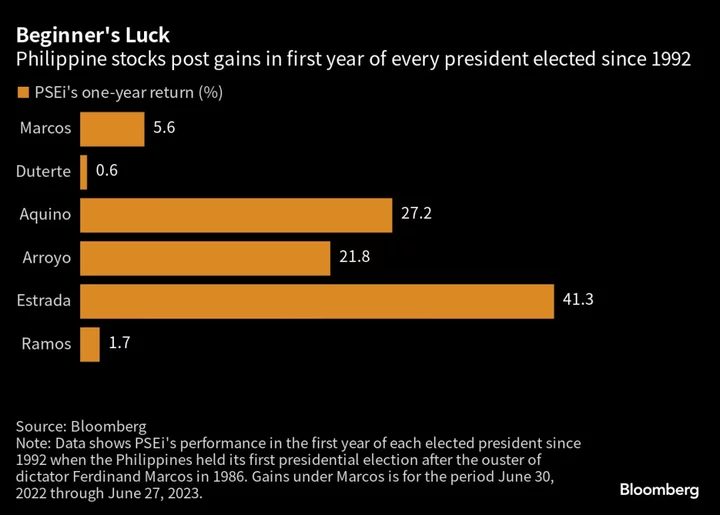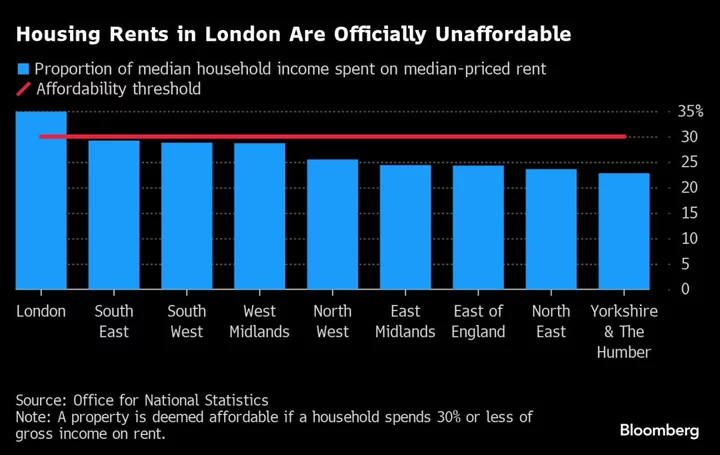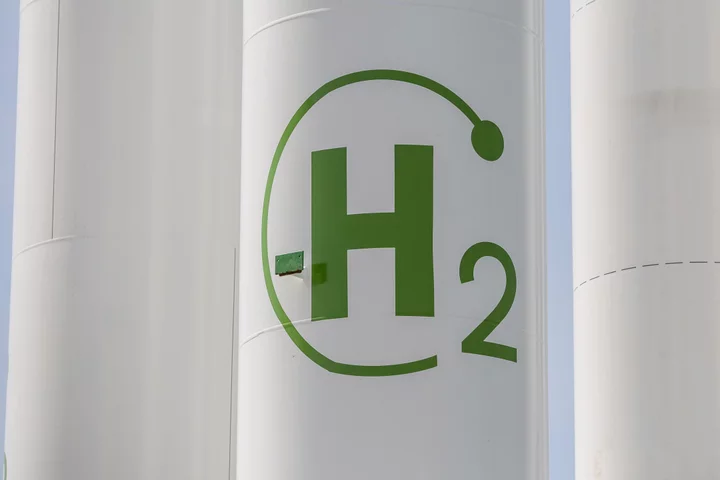Japan’s Economy Ministry is preparing a total ¥2 trillion ($13 billion) in subsidies to drive investment in its chip industry in a bid to regain its status as a major semiconductor power.
The Ministry of Economy, Trade and Industry is seeking ¥1.85 trillion in an extra budget, on top of as-yet-unspent money for chip-related subsidies. Bloomberg earlier reported that Japan’s plans to allocate money to boost capacity to make and secure chips at home.
As part of a broader blueprint to revive the economy, Tokyo is trying to entice investment in the production of cutting-edge semiconductors critical to future technologies from AI to self-driving cars. That includes billions of dollars to support Taiwan Semiconductor Manufacturing Co., the industry leader in advanced chip production, and for Rapidus Corp., a local startup that aims to compete in high-end chip production.
The money will be used to speed up Japan’s ability to design and manufacture next-generation chips and train artificial intelligence models. Japan is setting aside funds for makers of high-end components, chip gear, industrial gases and semiconductor manufacturing, as well as for training engineers.
“The global economic security situation over semiconductors is becoming more severe,” a METI official told reporters at a news briefing. “We are receiving a lot of interest both from foreign and domestic companies who want to invest in Japan.”
Japan is trying to reclaim leadership in the chips industry after decades of eroding prominence. It’s shouldering almost half the cost of TSMC’s Kumamoto factory while in talks about support for a second plant; it’s poised to provide about $1.5 billion to help finance an expansion at Micron Technology Inc.’s Hiroshima factory; and it’s bankrolling Rapidus’s attempt to make the country’s own cutting-edge 2 nanometer chips.
Rapidus is taking on a long-shot effort to build a Japanese chip foundry that can compete with the likes of TSMC and Samsung Electronics Co. Tetsuro Higashi, the company’s chairman and an industry veteran, said the state-backed firm aims to build a cutting-edge foundry by 2027, with the goal of fortifying Japan’s economy by ensuring steady supplies.
(Adds ministry official comment and background)

